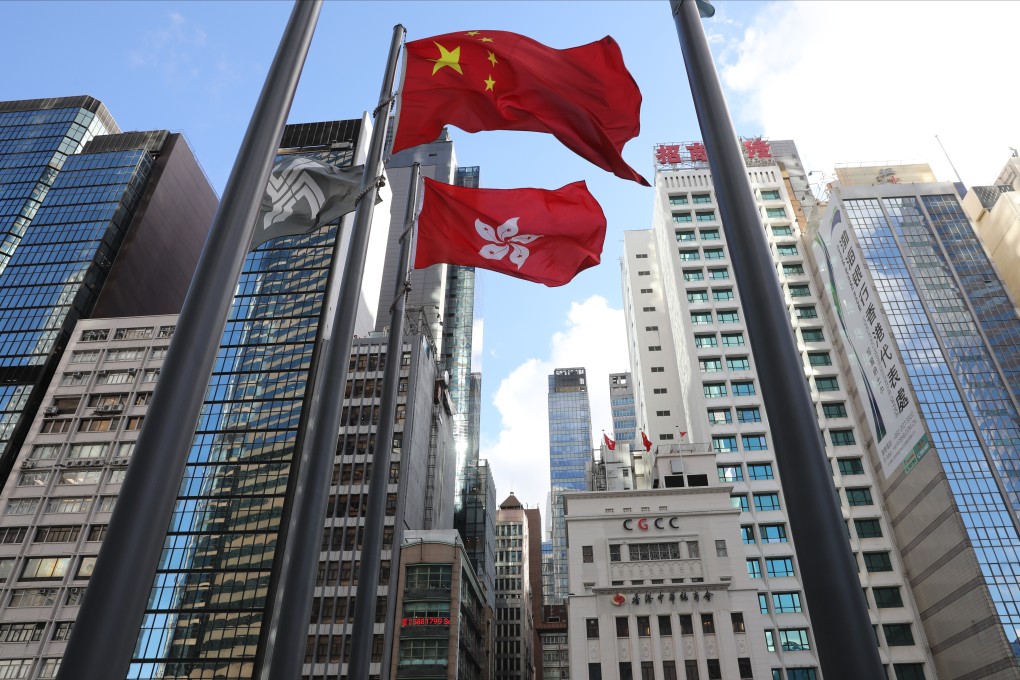Advertisement
Hong Kong national security law: more sanctions, criticism and charges mark legislation’s fourth month in force
- The law’s fourth month in effect has been much of the same amid ongoing criticism from abroad and simmering concern at home
- The city did, however, appoint a prominent Scottish judge to its top court, in move seen as bid to assure public of judicial independence
Reading Time:4 minutes
Why you can trust SCMP

Since Beijing imposed its sweeping national security law on Hong Kong, police have raided a newspaper, a top foreign judge critical of the law has resigned, and numerous activists have either fled or been arrested – including 12 people wanted on charges related to last year’s unrest who were intercepted at sea and detained in mainland China.
October marks the fourth month since the imposition of the Beijing-drafted law, which criminalises in broad terms any acts of secession, subversion, terrorism or collusion with external forces.
In what could be read as an implicit vote of support for the city’s judiciary, a top Scottish judge was appointed to the highest court this month.
Advertisement
But more countries have suspended their extradition agreements with the city and criticised the security law on the world stage – not to mention four local activists entering the US consulate in a dramatic but unsuccessful bid for asylum.
One more activist, who was arrested at a cafe outside the consulate, became the latest person to be charged under the security law on Thursday.
Advertisement
Here is a look at developments over the past 30 days.
1. City appoints Scottish judge to the top court
Advertisement
Select Voice
Select Speed
1.00x